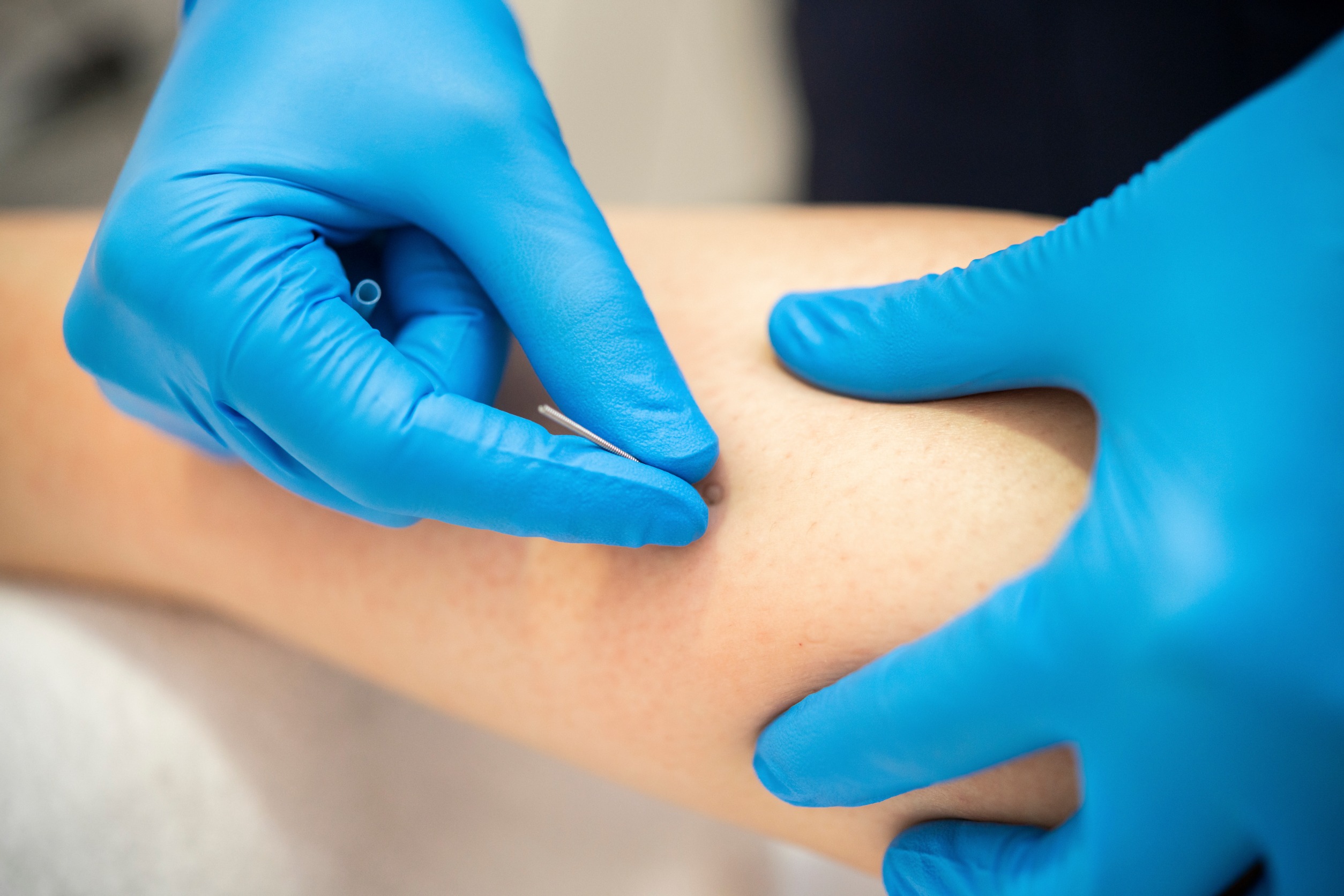What is Acupuncture?
Acupuncture is a technique that uses thin needles inserted into specific points on the body for several minutes or even longer. This method is based on the idea that energy channels, known as meridians, are present throughout the body, which connect to different organs and functions. These channels supposedly regulate the flow of Qi or vital force in the body. When Qi flows freely, the body is balanced and healthy. However, when Qi is stagnant or blocked, the body may experience pain or illness.

The needles used in acupuncture are generally made of stainless steel and are very thin, akin to the width of a human hair. They are inserted into specific points on the body, and the acupuncturist may manipulate them to stimulate the flow of Qi through the meridians. Additionally, some acupuncturists may use heat, pressure, or electrical stimulation to intensify the effect of the needles.
How Does Acupuncture Work?
Acupuncture is thought to work by activating the body’s natural healing mechanisms. When the needles are pricked into the body, they trigger the release of endorphins, which are the body’s natural painkillers. Endorphins can alleviate pain and provide a sense of relaxation and well-being.
Acupuncture is also believed to boost the immune system by stimulating the production of white blood cells and other components of the immune system. This can help the body combat infections and other illnesses.
Moreover, acupuncture is assumed to enhance the circulation of blood and oxygen to the tissues, which can promote healing and reduce inflammation.
Why Choose Acupuncture?
Acupuncture is a non-invasive and drug-free therapy that has been used for thousands of years to treat a wide range of health conditions. There are many reasons why people choose acupuncture, some of which include:
Pain Management: Acupuncture has been found to be effective in reducing pain, particularly chronic pain conditions such as back pain, neck pain, and headaches.
Stress Relief: Acupuncture has a calming effect on the body and can help to reduce stress and anxiety. It is believed to stimulate the production of endorphins, which encourage relaxation and a sense of well-being.
Fertility: Acupuncture has been used for centuries to enhance fertility in both men and women. It is believed to facilitate the flow of Qi and blood to the reproductive organs, which can improve their function and increase the chances of conception.
Digestive Disorders: Acupuncture can be useful in treating a variety of digestive disorders, including irritable bowel syndrome (IBS), acid reflux, and constipation.
Insomnia: Acupuncture can help to promote better sleep by reducing stress and inducing relaxation.
Depression: Acupuncture has been demonstrated to be effective in treating depression by promoting the production of endorphins and other neurotransmitters that can improve mood.
Allergies: Acupuncture has been shown to reduce the symptoms of allergies by reducing inflammation and stimulating the production of anti-inflammatory compounds.
Acupuncture is generally safe and has few side effects. Some people may experience minor discomfort during the insertion of the needles, but this is usually temporary and dissipates quickly.

